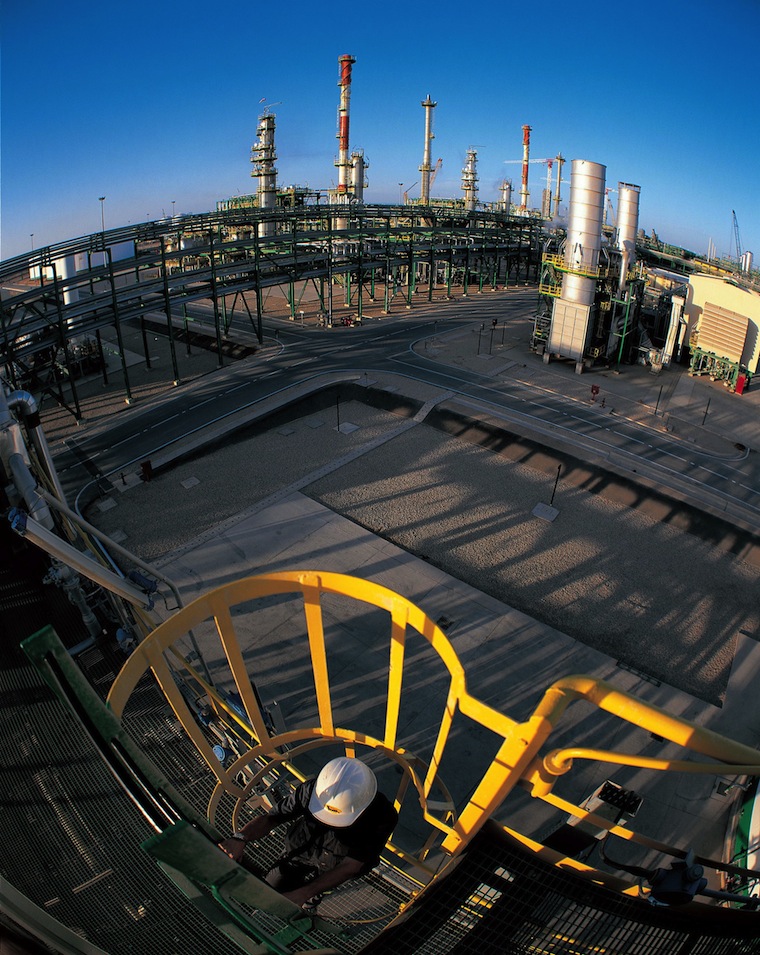By Michel Cousins.

Tripoli, 24 March 2014:
Strikers who have been forcing production at Libya’s oil and gas fields . . .[restrict]to stop, restart and stop again risk permanently damaging extraction, the head of the biggest foreign energy company in the country has said.
Such action could damage the geology of the fields, ENI’s Chief Executive Officer Paolo Scaroni told the Libya Herald.
On a flying visit to Tripoli to meet with the interim Prime Minister, Abdullah Al-Thinni, he said that he and others in the oil industry were extremely worried about what had been happening.
Production in the Wafa, El Fil and Sharara fields in the south west of the country have been disrupted on several occasions either by local strikers’ blockades or elsewhere by activists with other agendas turning pipeline valves down or off.
Every time there was a protest for whatever reason, Scaroni said, whether over salaries or local tribes feeling excluded, it had increasingly translated into “let’s stop production of oil and gas”.
“Opening and closing gas and oil fields is not like switching a light on and off. It risks damaging the geology of the field,” he stated. Oil and gas needed natural pressure to bring them to the surface. That could be damaged by constantly stopping and starting production. It was “putting at risk at risk future generations”, he said.
All Libya’s money comes from oil, he pointed out, and the off-on-off intervention threatened it. If the pressure was affected it would be much more costly to produce oil and gas. Libya would suffer.
Those responsible were “shooting themselves in the foot – and their children in the foot,” he said.
In any event, the need for security was paramount, he said, if the country’s oil and gas industry was to flourish and grow.
There had been plans for a new round of concession bids before the revolution, and Scaroni hoped it would happen relatively soon. But “security is a precondition for a new round,” he stressed. International oil companies would not invest hundreds of millions of dollars without security, when there was kidnapping and shooting. “In order to attract [foreign] companies you need public order.”
As far as it was concerned, Eni felt “relatively secure” at the moment, he said, but it was far from happy about the general situation.
As to its joint venture Mellitah operations with the National Oil Corporation, Eni was performing relatively well, Scaroni explained. The Wafa oilfield strike was over and gas was flowing for Libya’s domestic needs and through the 520-kilometre undersea Greenstream pipeline to Italy – 11 million cubic metres a day for the Libyan market, and 21 millon a day for export.
Mellitah could produce 300,000 barrels of oil a day equivalent, “if things went well”, he said. As it was, it was producing around 250,000 b/d – which meant that given the shutdown in the east because of the oil terminal blockades, it would producing most of Libya’s oil. It also produced all Libya’s gas, he pointed out.
The reason Eni was performing well, he said, was down to the fact that operations were mostly in the west of the country –unaffected by the terminal blockades – and that “we have lots of gas and we have by far the strongest [international] presence in Libya with 3,000 employees”. A further reason was that it had good relations with the people and tribes were it operated.
In relation to that, Eni was committed to investing in social development programmes, notably health, housing and water supply, to help those living where it was working, Scaroni said. “We want people in areas where we operate to feel the benefit of our presence.” It was a strategic objective everywhere Eni was in Africa, he stressed.
Social funding would see investment worth “hundreds of millions of dollars” in Libya and there were plans for an MOU on the subject. But nothing would be decided by Eni alone. It would be up to the government and the NOC to designate the projects.
But again, it came back to security. The programme would go ahead “as long as we can produce”.
It was an apposite statement in the circumstances. The strike at Wafa was over but the same day that Scaroni was in Tripoli, strikers at the massive El Fil field west of Murzuk again stopped production – increasing the risk to its geology. [/restrict]








